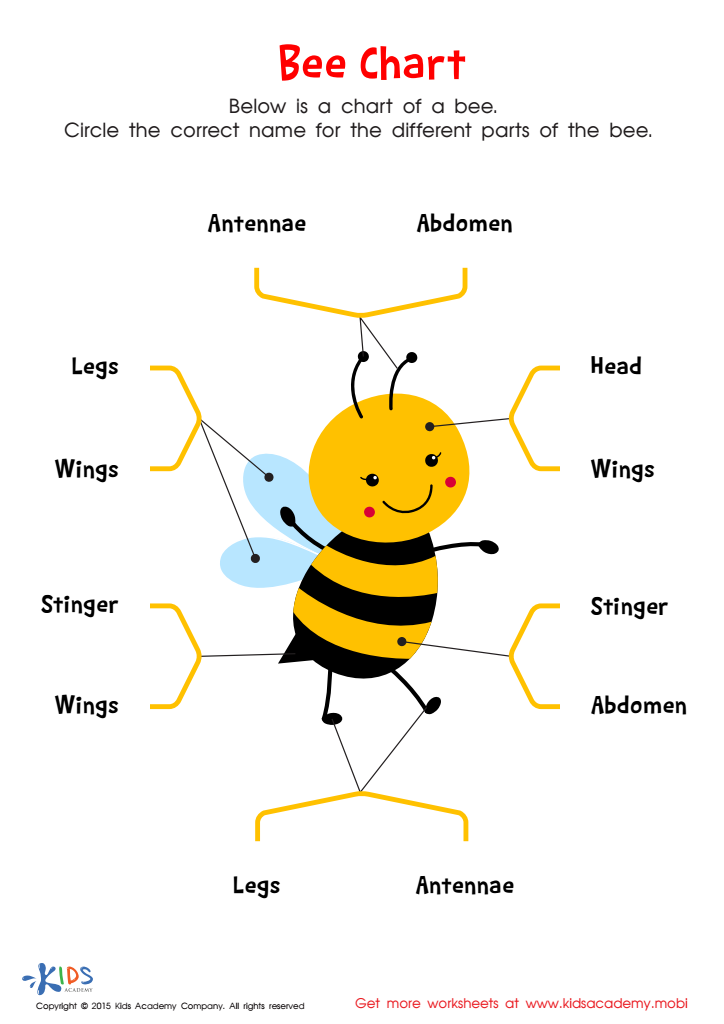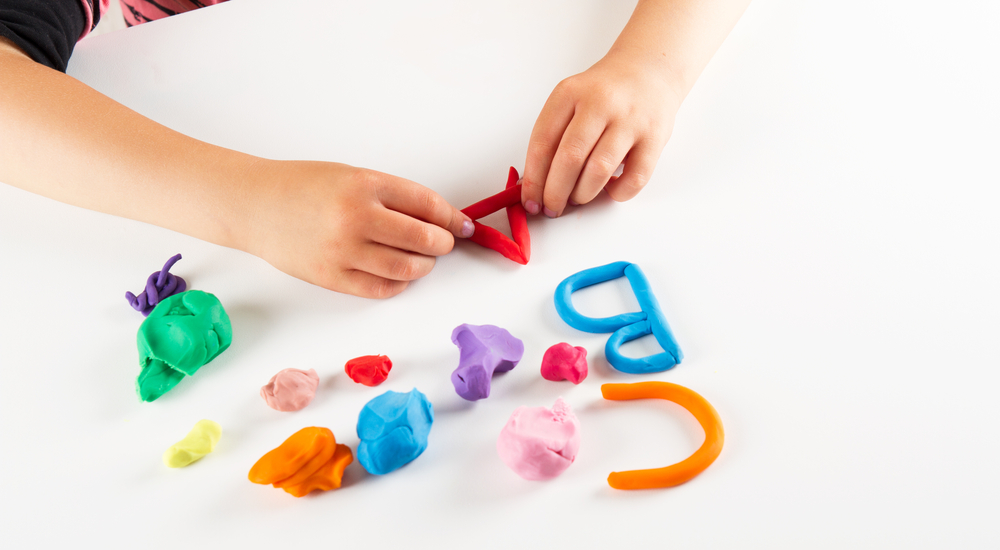Science knowledge Worksheets for Kids
5 filtered results
-
From - To
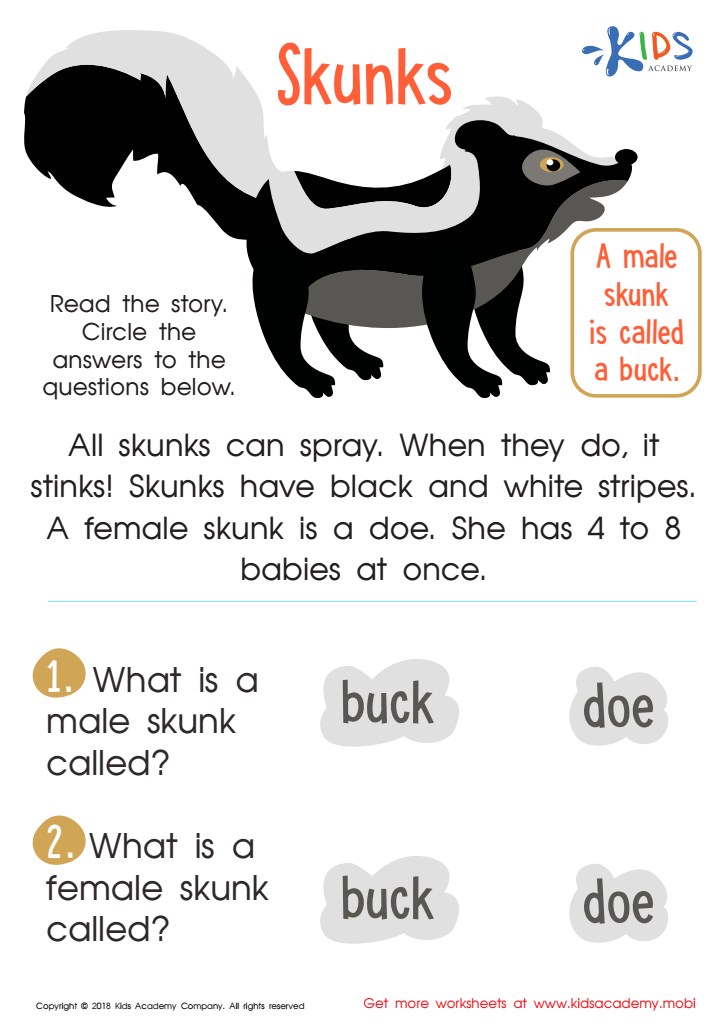

Skunks Worksheet
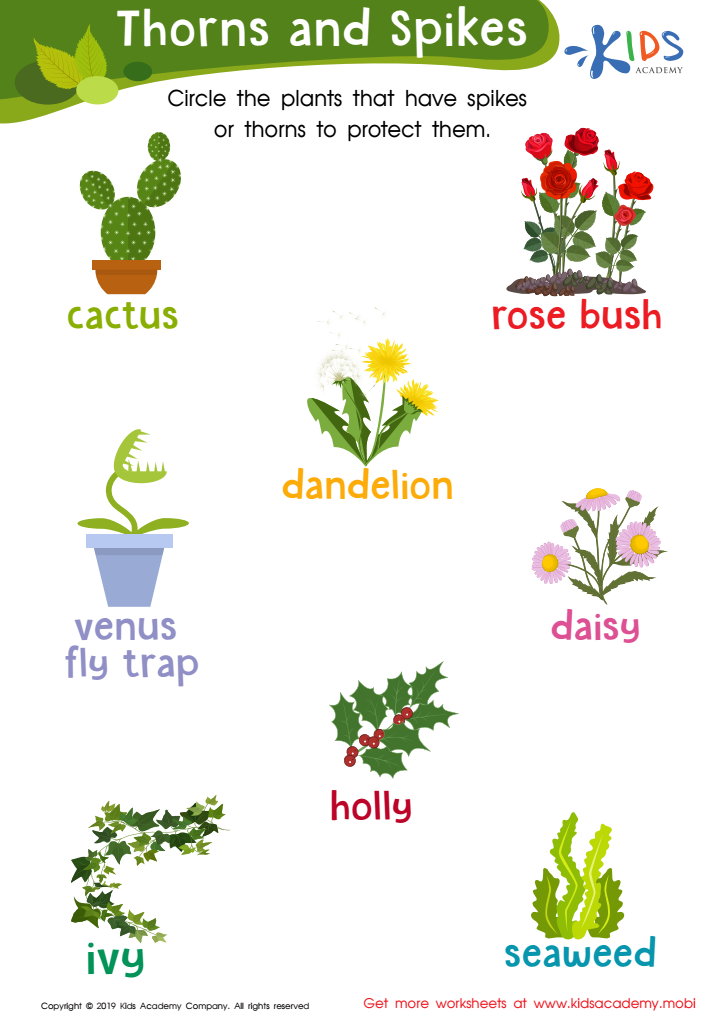

Thorns and Spikes Worksheet
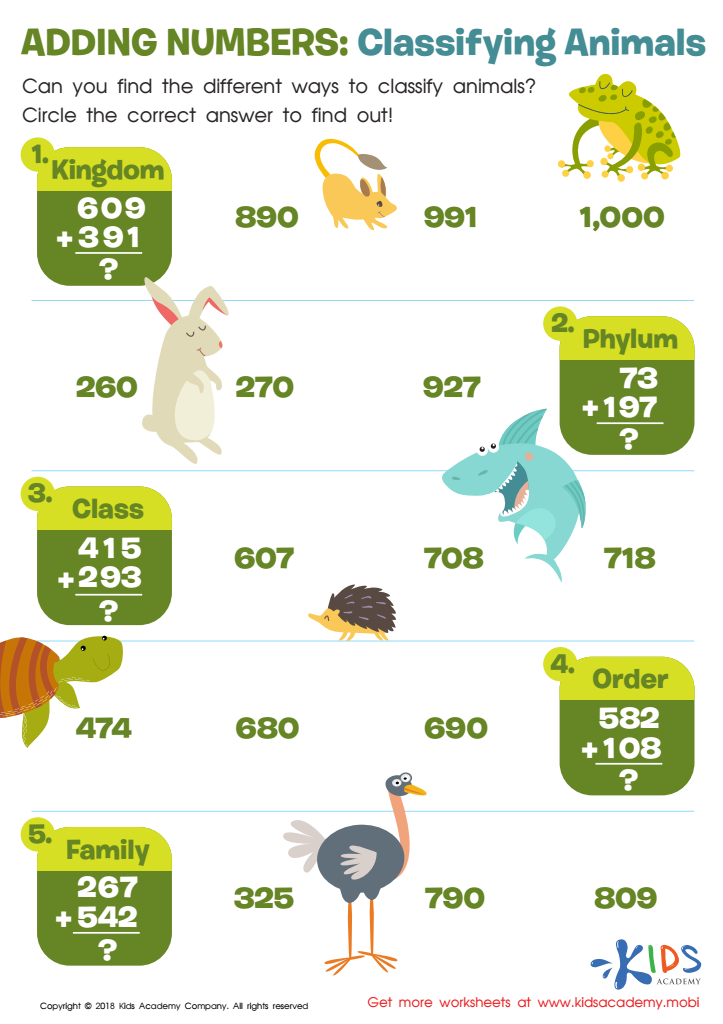

Adding Numbers: Classifying Animals Worksheet


Space: Assessment 2 Worksheet
Question/Answer
How does the mastery of the Science knowledge skill affect a student's performance at an early age?
The mastery of the Science knowledge skill at an early age significantly enhances a student's performance by fostering critical thinking, problem-solving abilities, and a deeper understanding of the natural world. This foundation stimulates curiosity, encourages the application of scientific principles in everyday life, and sets the stage for academic success in more advanced subjects and future scientific endeavors.
What does the Science knowledge skill mean when it comes to Grade 2 Addition & Subtraction learning?
The Science knowledge skill in the context of Grade 2 Addition & Subtraction learning involves understanding and applying basic scientific principles or methods to enhance mathematical problem-solving. It may include using observations, patterns, and simple experiments to grasp addition and subtraction concepts more deeply, thereby linking scientific inquiry with mathematical understanding at an elementary level.
What are some effective activities to train students’ Science knowledge skill when teaching them about Addition & Subtraction?
Use interactive math games focusing on addition and subtraction problems, employ manipulatives like counters or blocks for hands-on learning, create real-life problem-solving scenarios, integrate educational apps or software that offer practice quizzes and exercises, organize math scavenger hunts for applying concepts, and encourage the use of math journals for reflecting on problem-solving strategies and mistakes to enhance conceptual understanding.
 Assign to the classroom
Assign to the classroom
